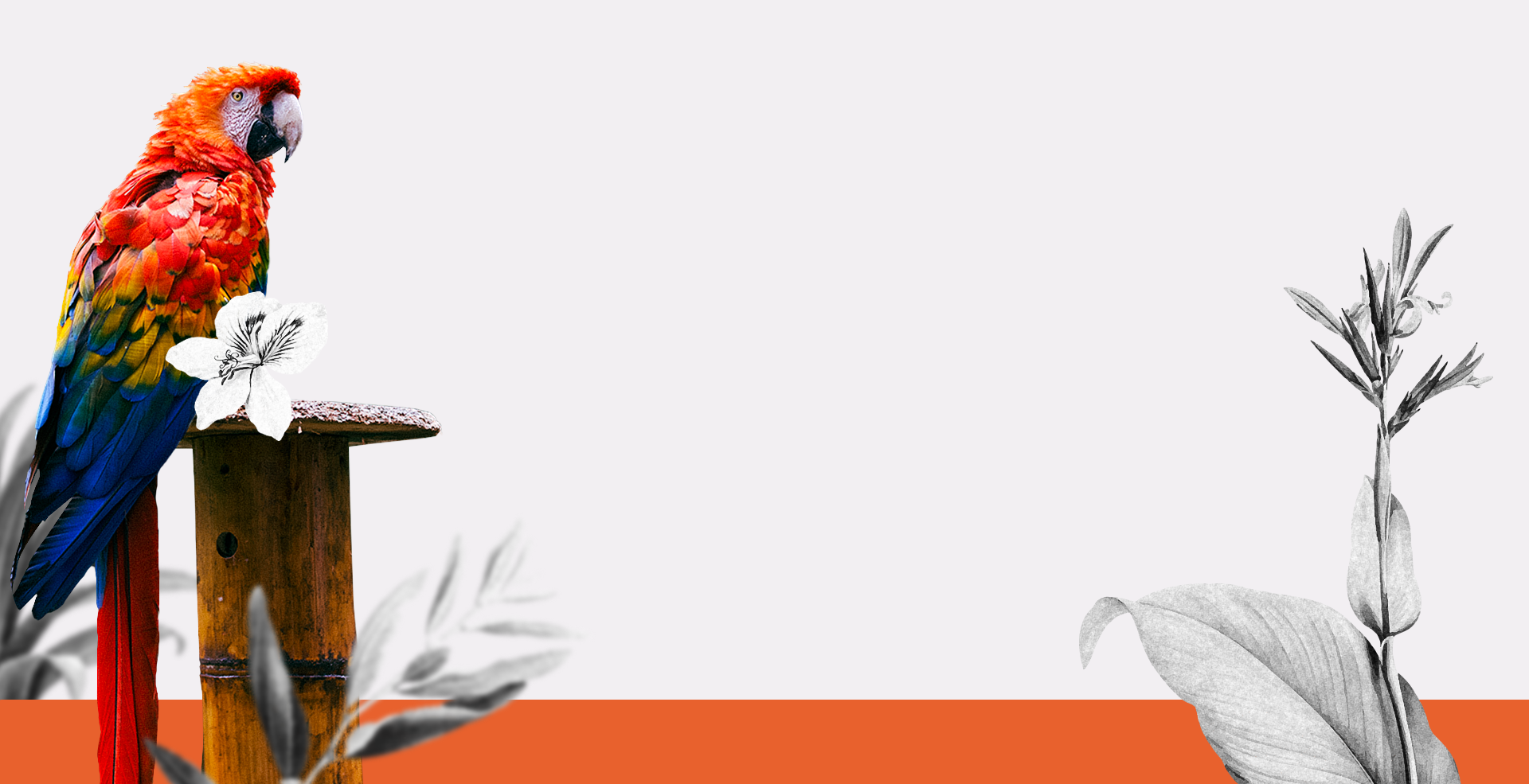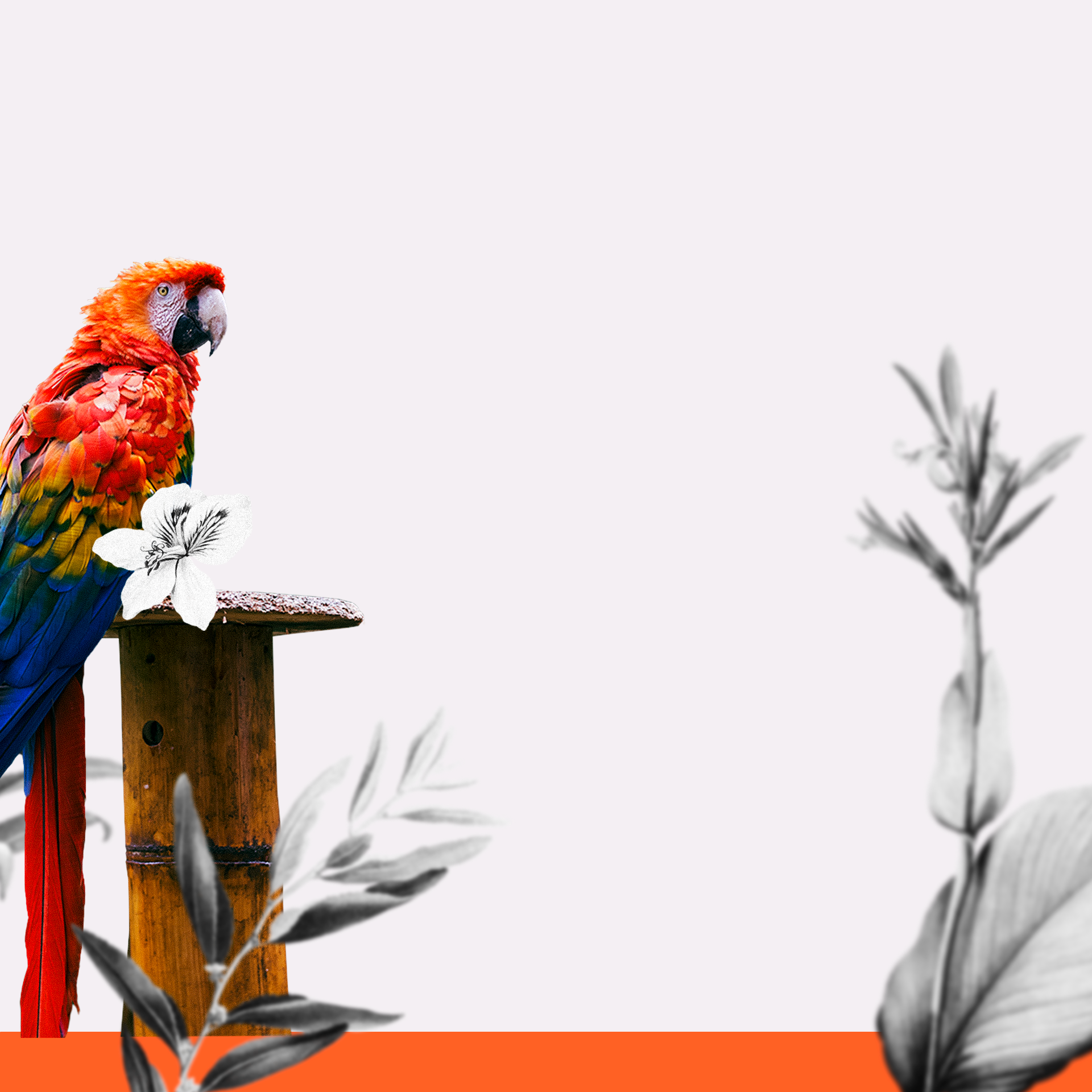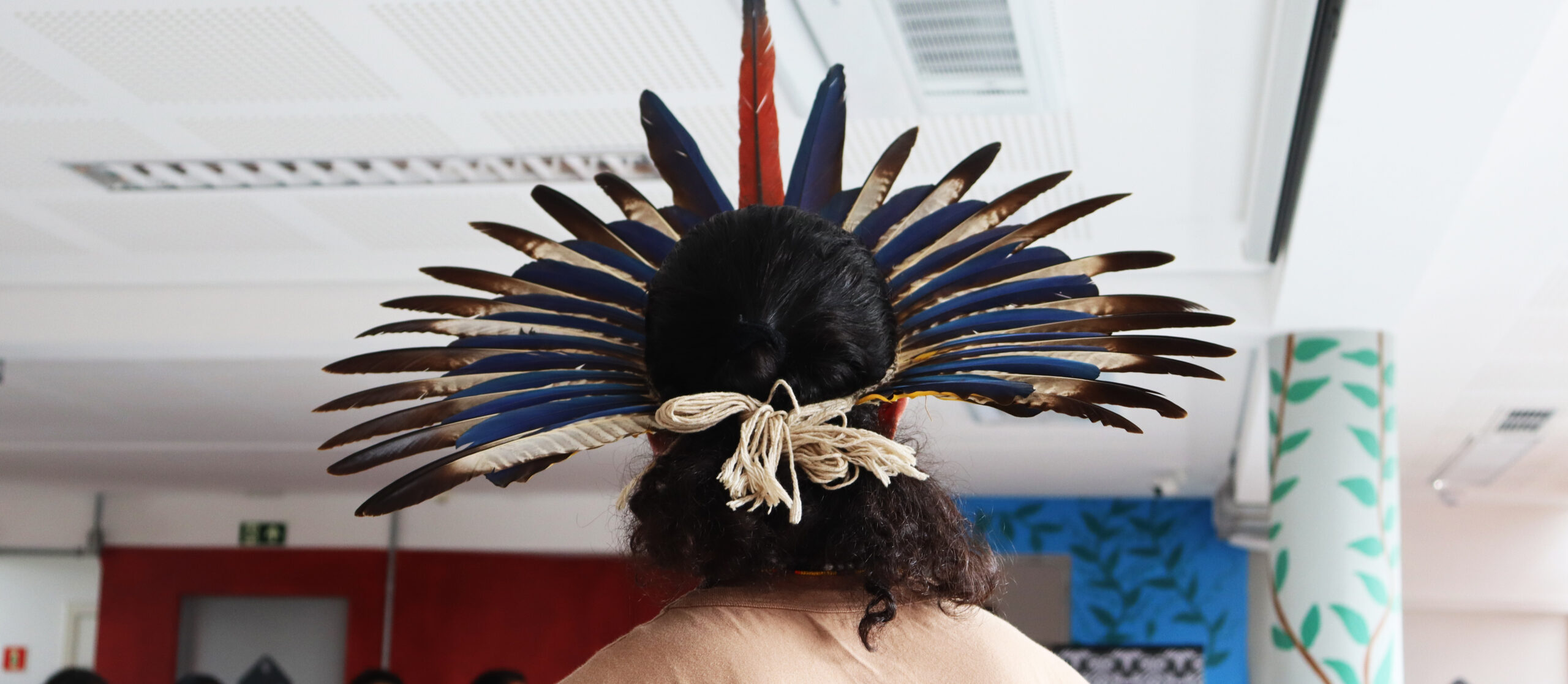The initiative to create the Museum of Indigenous Cultures (MCI) materialized in the second half of 2021, driven by indigenous mobilizations for territorial rights and differentiated education, which took place alongside the growing prominence of indigenous arts in the artistic and cultural context of São Paulo. Through dialogue between indigenous leaders, public administrators, and representatives of the Maracá Institute, the proposal to establish a state-level museum unit was solidified. From the beginning of its planning and implementation, the MCI has had indigenous protagonism, participation, and collaboration, facilitated through the Aty Mirim Indigenous Council. The formation of this council began in February and concluded in December 2022.
The guiding documents of the museum aim to provide guidance for the structuring of the MCI based on ethical and political principles committed to respecting cultural diversity, realizing indigenous rights, and public management. In this perspective, the theoretical and methodological parameters that shape the MCI are guided by the principles of participation, collaboration, and indigenous peoples’ protagonism at all stages of the museological process.
Considering the political, technical, and institutional challenges of the dialogue between the State and indigenous peoples, the Aty Mirim Indigenous Council is the instance where mechanisms of listening, consultation, and the formulation of a proactive work agenda committed to indigenous rights have been developed. It has been working towards promoting indigenous co-management of this state-level museological institution, encompassing cosmopolitical projects related to education, memory, cultures, arts, heritage, and more, associated with the struggles of indigenous peoples in their diversity.
COMPOSITION OF THE INDIGENOUS COUNCIL
The Aty Mirim Indigenous Council was created by Resolution SC No. 57, dated December 21, 2022, published in the Official Gazette of the State of São Paulo – DOE/SP, on December 23, 2022, on page 61. It is composed of 34 council members, including 18 men and 16 women, representing Indigenous Territories located in the Metropolitan Region of São Paulo, Vale do Ribeira, North Coast, South Coast, and Western São Paulo, encompassing members of the Guarani Mbya, Guarani Nhandeva, Tupi-Guarani, Kaingang, Krenak, Pankararu, Terena, Pataxó, and Wassu-Cocal peoples.


aty Mirim council



